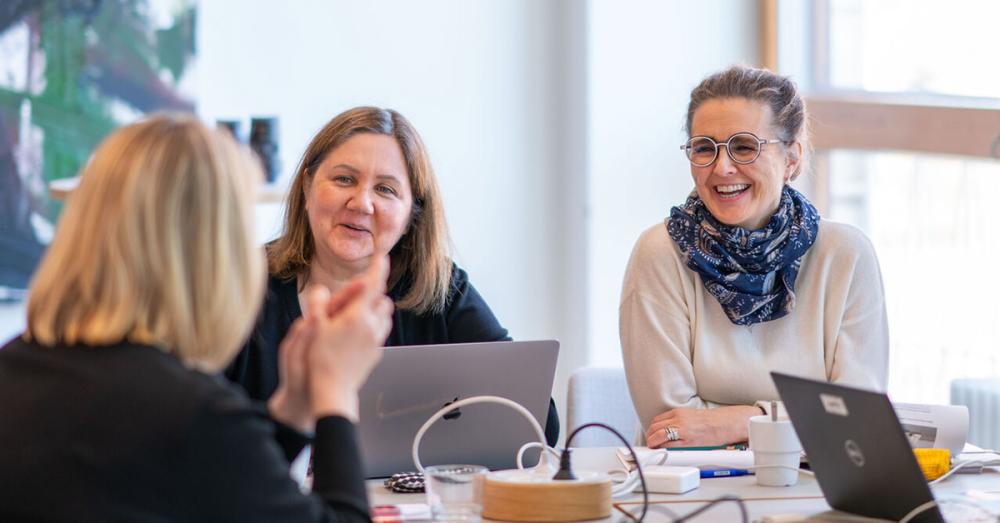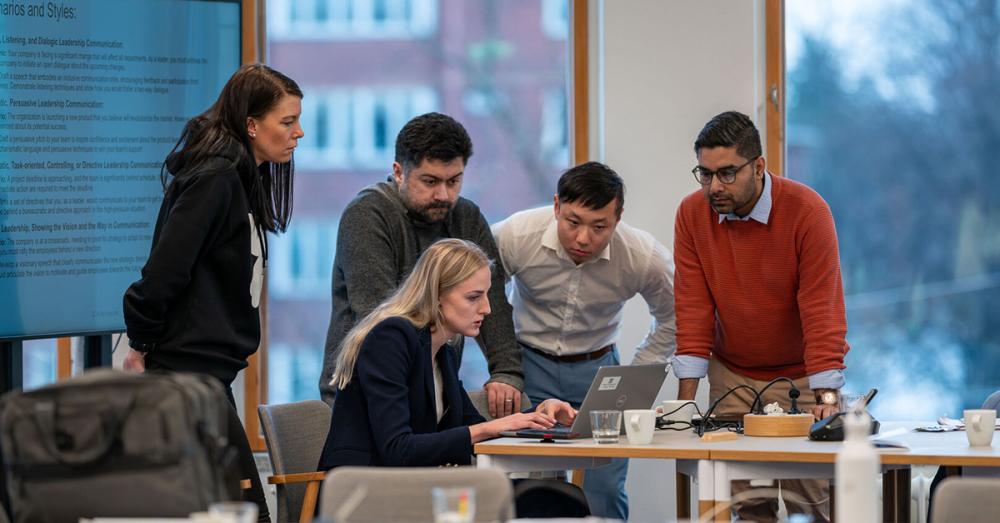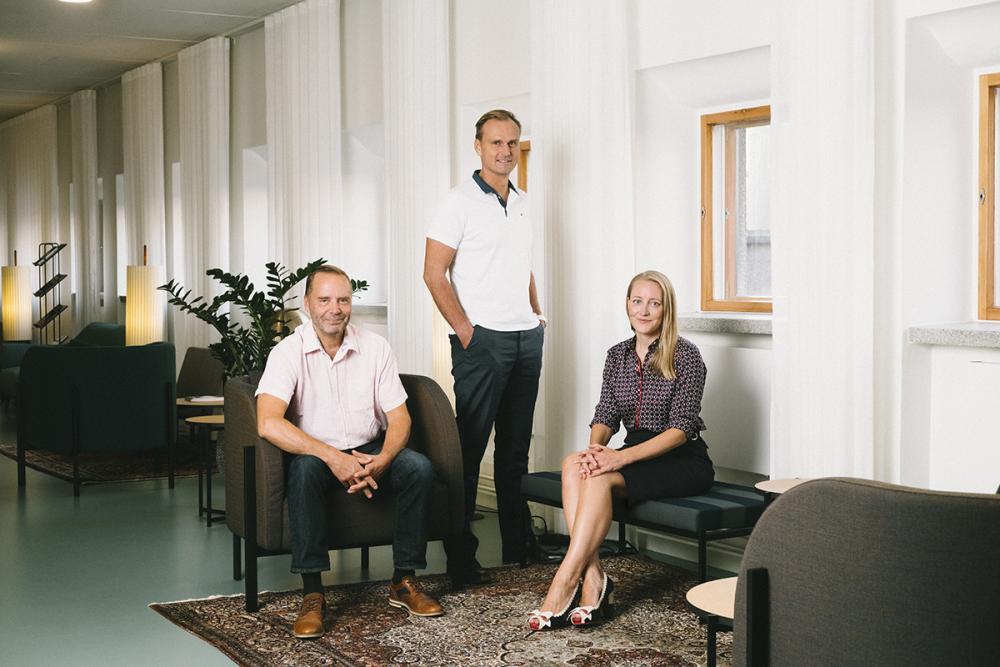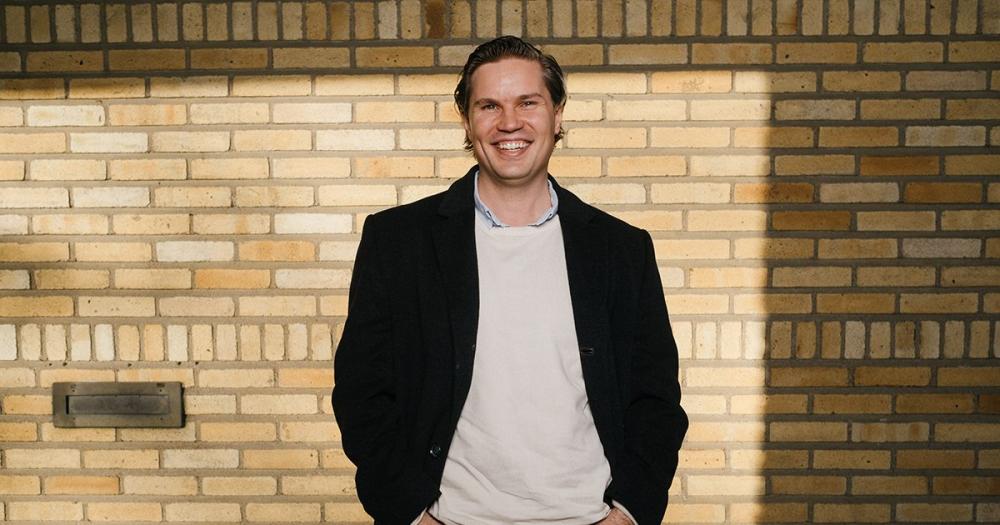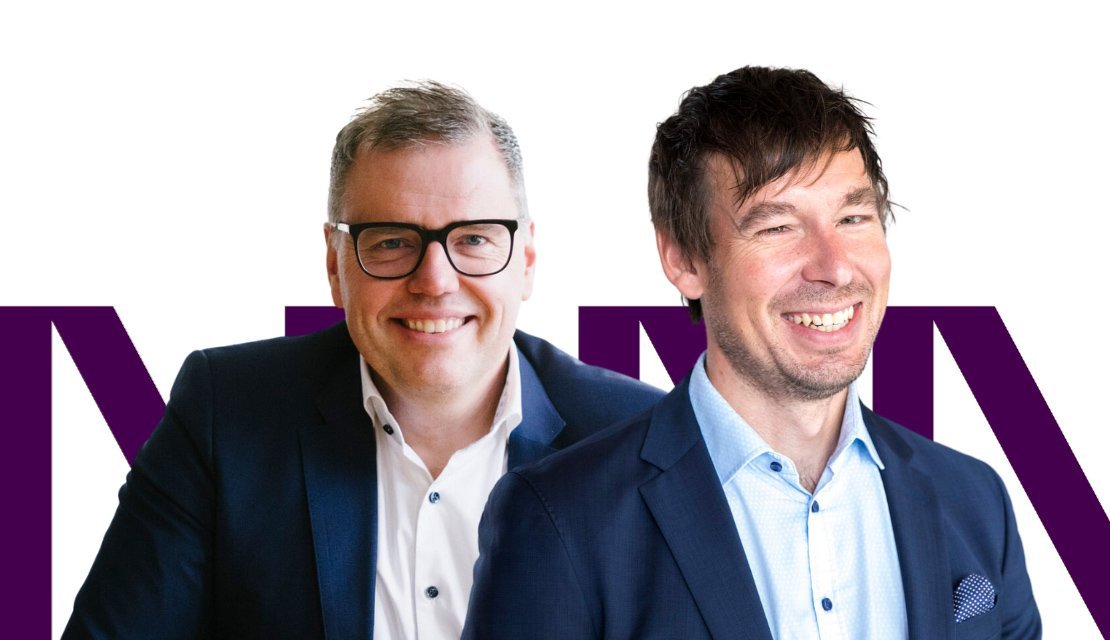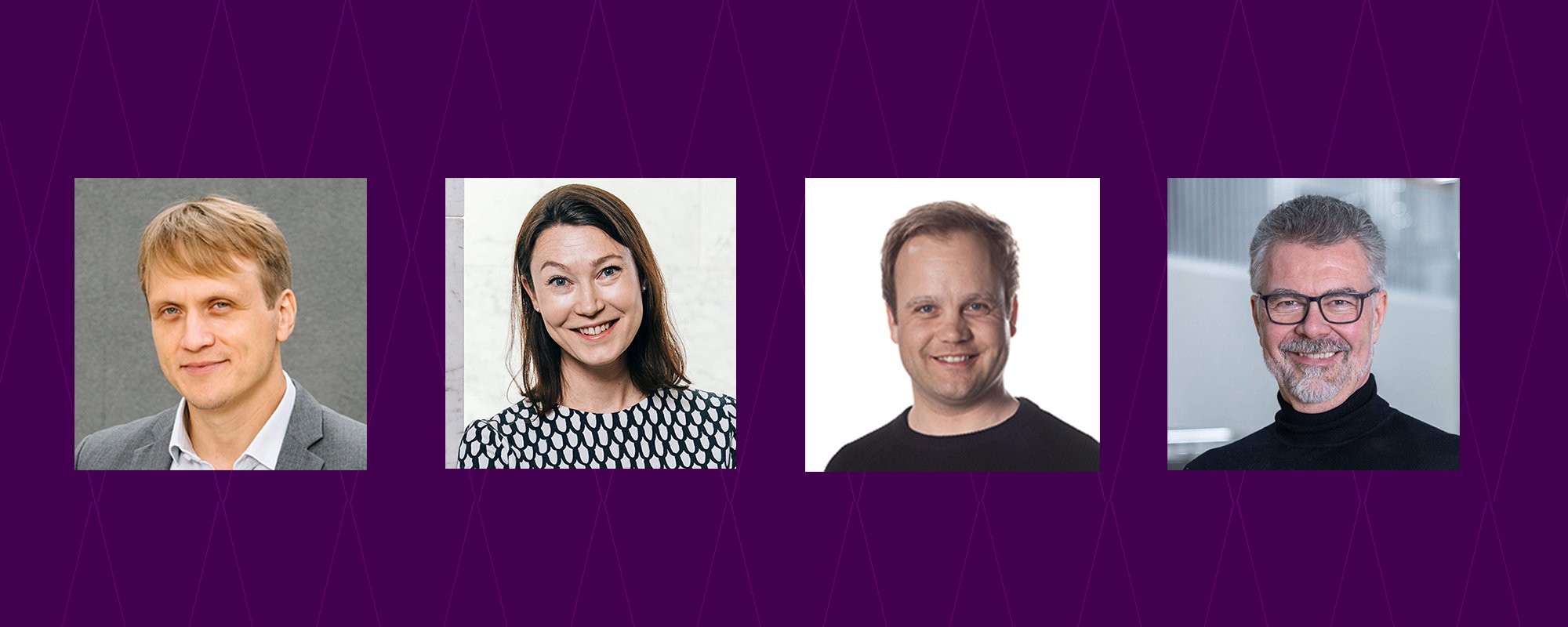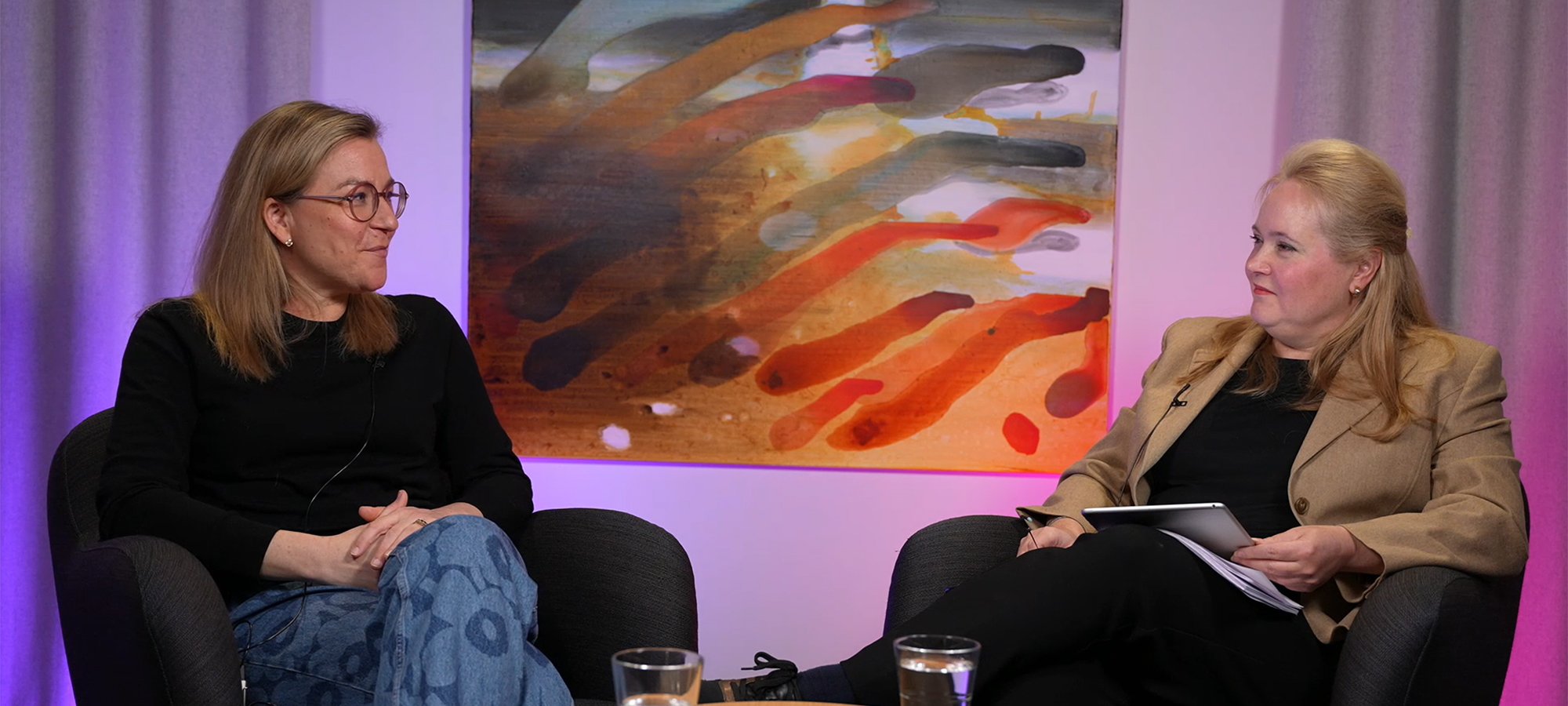One of the key themes of this year’s World Economic Forum was the creation of growth and jobs in a new era. The rapid development of artificial intelligence and the green transition, among others, are forces that are rapidly revolutionizing working life.
According to the World Economic Forum, skills development is crucial for no one to be left behind in the current digital and sustainability transformations. In its Future of Jobs report from spring 2023, the forum estimated that almost half of employees’ key competencies will change in just five years.
The importance of social and cognitive skills is increasing. Creativity and analytical skills are emphasized. Curiosity and an open attitude towards continuous learning is needed.
The importance of social and
cognitive skills is increasing. Creativity
and analytical skills are emphasized."
Studying no longer ends with completing a degree and moving into working life. Everyone needs to develop their skills throughout their working career so that we can be competitive in the future as well.
Continuous learning means more than just updating professional skills (upskilling); it’s also about acquiring completely new skills and understanding new phenomena (reskilling).
When one has an open attitude toward learning and competence development, they adapt to the inevitable changes in work tasks and working life and can act as change agents themselves. This ensures future career development, no matter if that means a promotion or taking over completely new roles.
Forerunner companies invest heavily in developing, for example, AI skills
The responsibility for competence development cannot fall solely on the shoulders of individuals. Employers must offer their employees time and opportunities to educate themselves. Continuous learning must be part of the organizational culture and ways of working.
Forerunner companies invest heavily, for example, in developing their personnel's AI skills. As one example, Amazon has trained thousands of its employees without any previous AI expertise to become experts in machine learning in their own "machine learning university".
Companies that invest in continuous learning simply react to market and technological changes faster and
better than their competitors."
Investments in continuous learning brings strategic benefits for companies. In fall 2023, a group of researchers stated in the Harvard Business Review that investing in the development of employees' skills helps them ensure their competitiveness in the future. Such companies can build competitive advantage quickly by developing talent that is not readily available in the market and filling skills gaps to achieve their strategic goals.
Companies that invest in continuous learning simply react to market and technological changes faster and better than their competitors.
It’s also about making the best talents stay. Employees who feel that the employer is ready to invest in – and appreciates – their development are more motivated and committed to their work.
Major changes are taking place in the education sector as well
Studying must become more flexible and agile than it is now, so that it can be done smoothly alongside work. That's why major changes are taking place in the education sector as well.
The European Union is now developing a model and reference framework for so-called micro-credentials. A person can complete individual courses or programs that meet their personal development needs, and such completed courses can be piled up to form larger entities, even entire degrees.
One of the goals of the renewal is validation of courses and programs that have been completed alongside work in accordance with common principles. This would ensure that education that supports continuous learning is of high quality and that the learning objectives are clear. That way, they could also be compared to traditional degrees.
Micro-credentials are developed in collaboration with companies, and Aalto University is one of the institutions for higher education that invest heavily in them."
Micro-credentials are developed in collaboration with companies, and Aalto University is one of the institutions for higher education that invest heavily in them. In the future, micro-credentials will receive a similar academic qualification as traditional degree education.
Of course, to make the change happen, our education system needs to be developed, so that it recognizes also other forms of studying than traditional degree education. Completing a master’s degree in financing is not the only way to demonstrate that one masters finances.
How we keep the 2.6 million employed people living in Finland in working life?
We already have a huge skills shortage in many fields.
Right now, the debate in our society is focused on how to attract more skilled people to Finland. Attracting foreign talent and preventing brain drain is vital, but we also must think about how we keep the 2.6 million employed people living in Finland in working life: how do their labor market values and skills remain sufficiently high?
This is a good moment for Finland to inspire and get excited about lifewide learning in a new way. By committing to it, we ensure sustainable economic growth, innovations and that every person living in Finland is a part of society and will do well in the future as well.
Tom Lindholm is the Managing Director of Aalto and Head of Lifewide Learning at Aalto University. Petri Suomala is the Vice Rector for Education at Aalto University.
